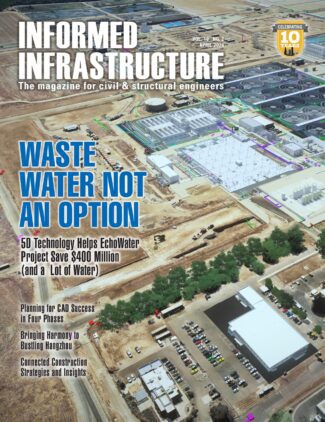29 January 2016 ” The Open Geospatial Consortium (OGC) requests public comment on the OGC OGC Observations and Measurements “ JSON Implementation Discussion Paper.
IT progress from 2000-2010 provided the Web services foundation that supports OGC Web Services, which depend on XML and the OGC (and ISO) Geography Markup Language (GML), an XML grammar for encoding geospatial information. OGC Web Service standards and associated XML encoding standards will probably be with us for a very long time, but the underlying TCP/IP and HTTP standards also provide a platform for other technology approaches not bounded by the established Web services paradigm.
The OGC Observations and Measurements (O&M) Standard v2.0 (also published as ISO/DIS 19156) provides, uniquely, a universal conceptual data model for virtually any type of physical observation or measurement. OGC provided a GML conformant XML encoding known as OMXML, which is based on the O&M conceptual model. OMXML is used primarily in the context of services that implement the OGC Sensor Observation Service Interface Standard (SOS) 2.0.
The OGC Observations and Measurements “ JSON Implementation Discussion Paper specifies a JSON implementation for the O&M conceptual model. The JSON implementation, known as OM-JSON, provides an additional encoding that is more easily integrated with modern web applications, including much of Citizen Science and the Internet of Things. OM-JSON defines JSON schemas for observations and for features involved in sampling when making observations. These provide document models for the exchange of information describing observation acts and their results, both within and between different scientific and technical communities.
The OGC Observations and Measurements “ JSON implementation Discussion Paper is available for review and comment at www.opengeospatial.org/standards/requests/146. Comments are due by 27 February, 2016.
The OGC® is an international geospatial standards consortium of more than 515 companies, government agencies, research organizations, and universities participating in a consensus process to develop publicly available standards. OGC standards support interoperable solutions that “geo-enable” the Web, wireless and location-based services and mainstream IT. Visit the OGC website at www.opengeospatial.org/

